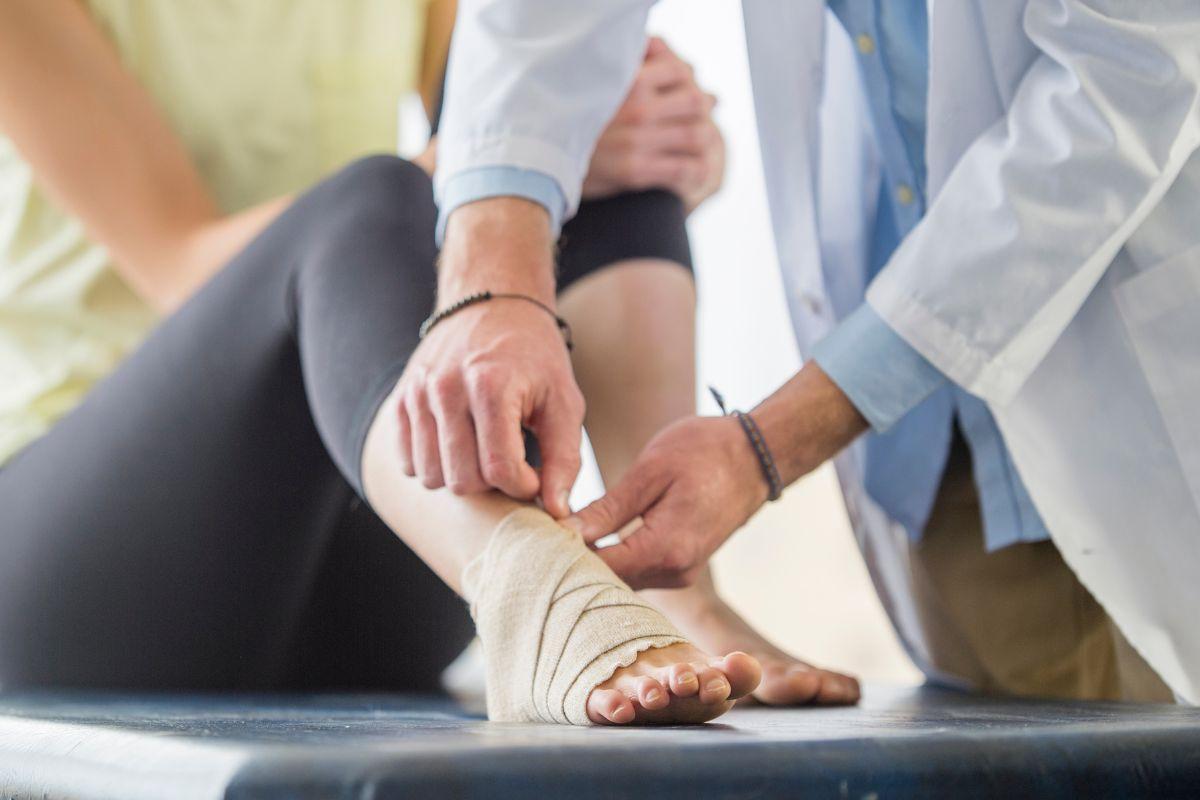Written by Mr Samer Hamada for Doctify
As we head into the summer we’re looking forward to warmer days where we can spend time outside. However, if you suffer from hay fever this can be a season you don’t enjoy. Itchy eyes, a streaming nose and constant sneezing can make it impossible to concentrate and affect your sleep.
Luckily, Ophthalmologist Mr Samer Hamada is here to take us through some simple steps to help you look after your eyes during hay fever season.
Keep them covered
Wearing sunglasses or glasses is essential at this time of year. They provide extra protection from pollen getting in contact with your eyes and sunglasses also help to protect your eyes from sun irritation. For extra defence, try wraparound sunglasses.
Hands off
I know it may be difficult but try to refrain from rubbing your eyes, as this will release more histamine that will make symptoms worse.
Timing is everything
Between 10.30am and 3.30pm is when the pollen count is its highest, so it may be wise to avoid going outside between these hours.
Windows closed
On high pollen days it is best to keep your car and home windows closed.
Stay clean
If you do go out when the pollen count is high, then make sure when you come back home you try to take a shower, wash your hair and put on fresh clothes. This can help stop pollen getting back in to your eyes once your home.
Use eye washes
Using eye washes or artificial tears to rinse your eyes if you experience an irritation once indoors.
Still puffy and sore?
Applying cold compression can help to relieve any puffiness and soreness you may be feeling.
If your hay fever affects your eyes and you are not sure what to do, you could speak to a pharmacist or GP or consider making an appointment with your eye doctor or eye specialist so they can have a thorough look at your eyes. An eye doctor will be able to give you specific advice and may be able to
prescribe eye drops to help stop your symptoms.




